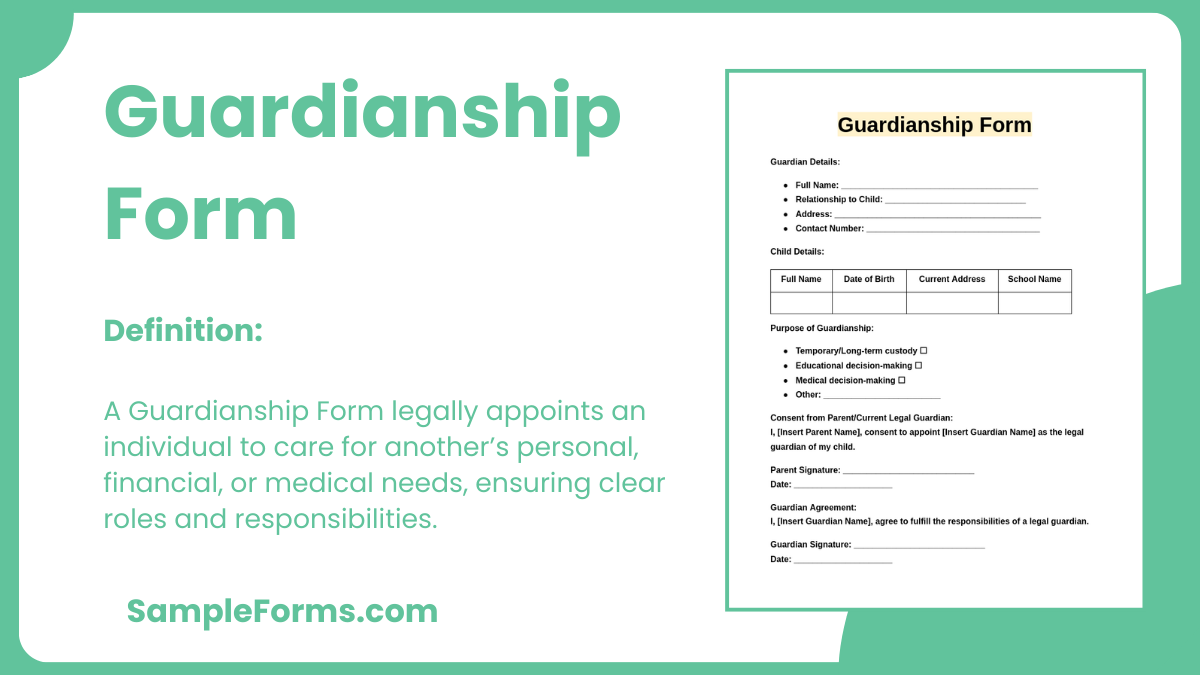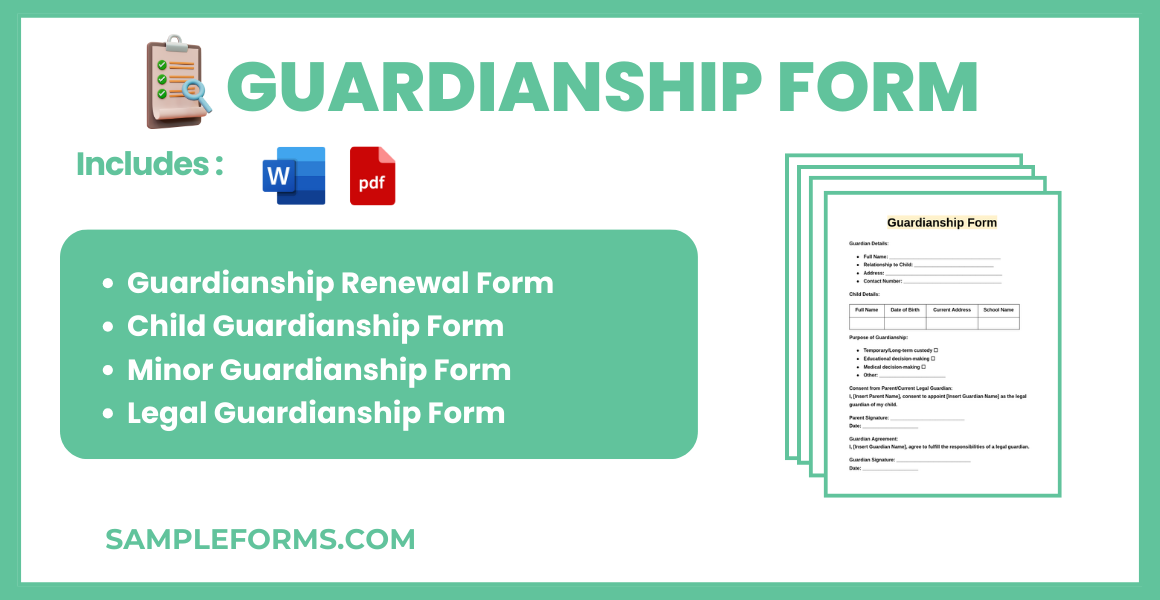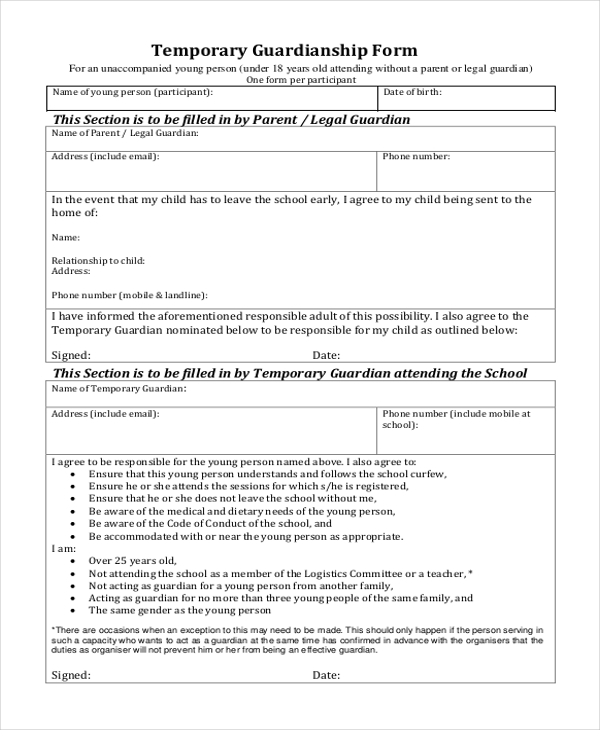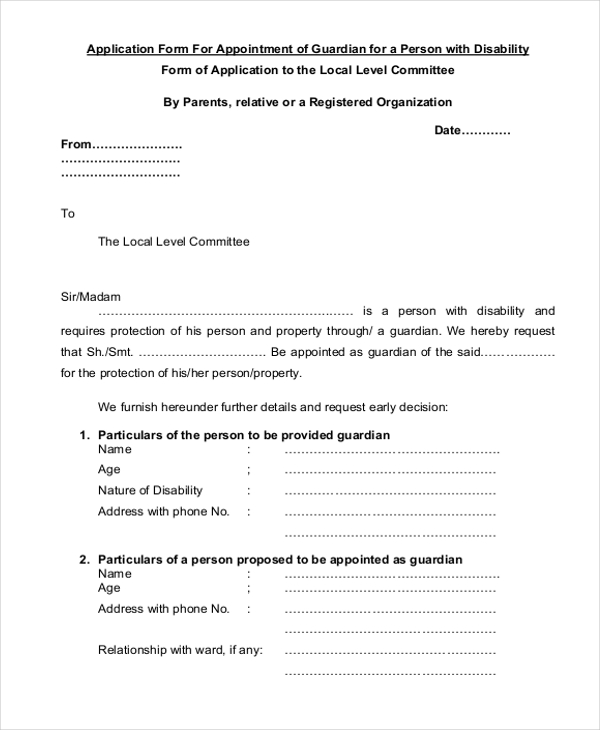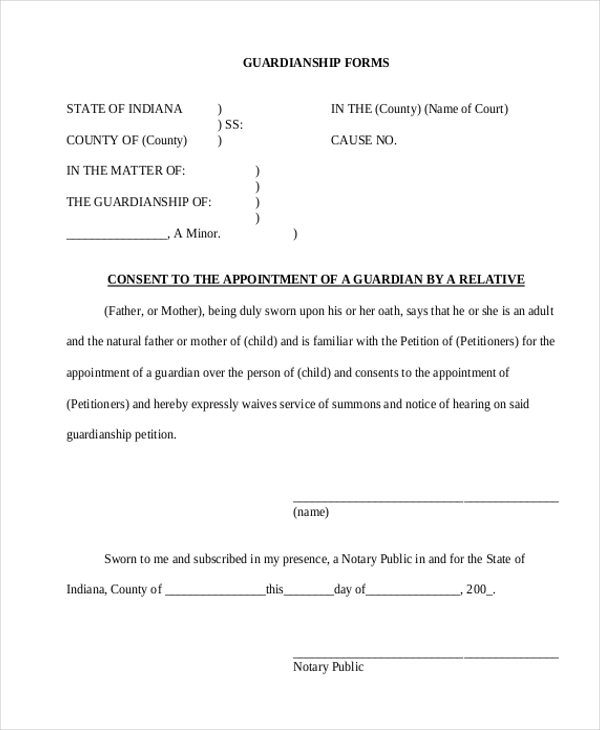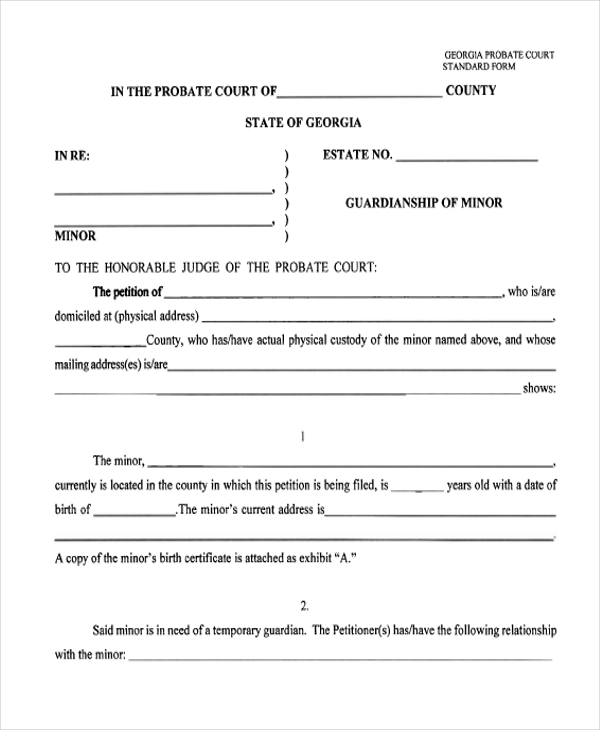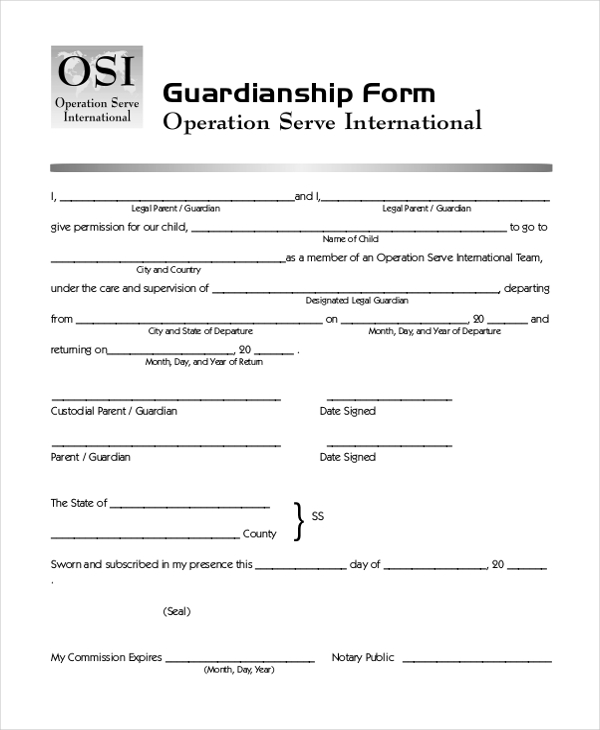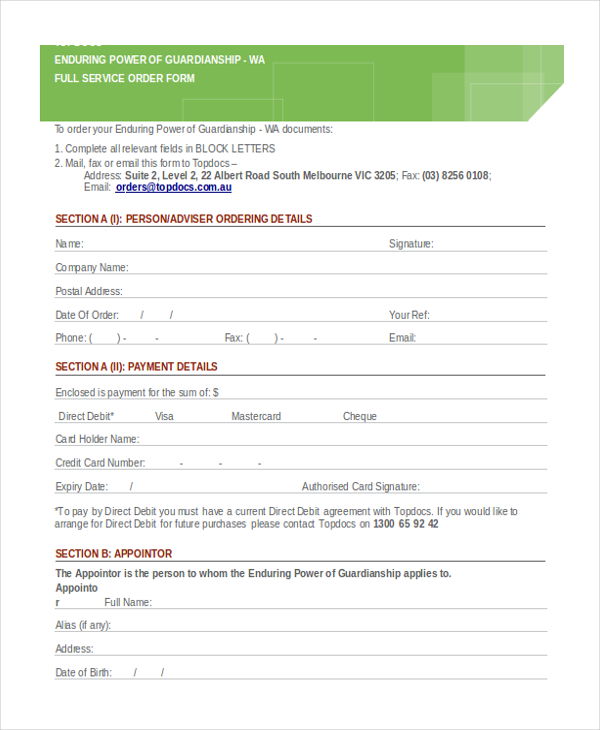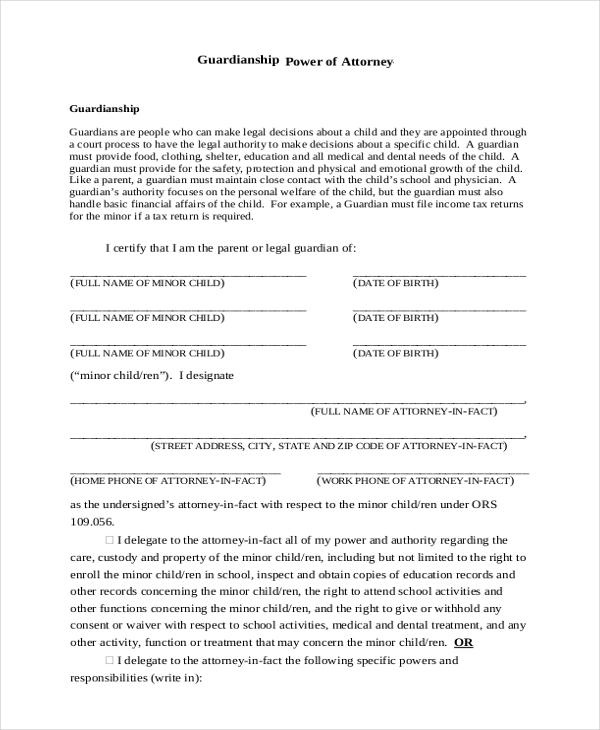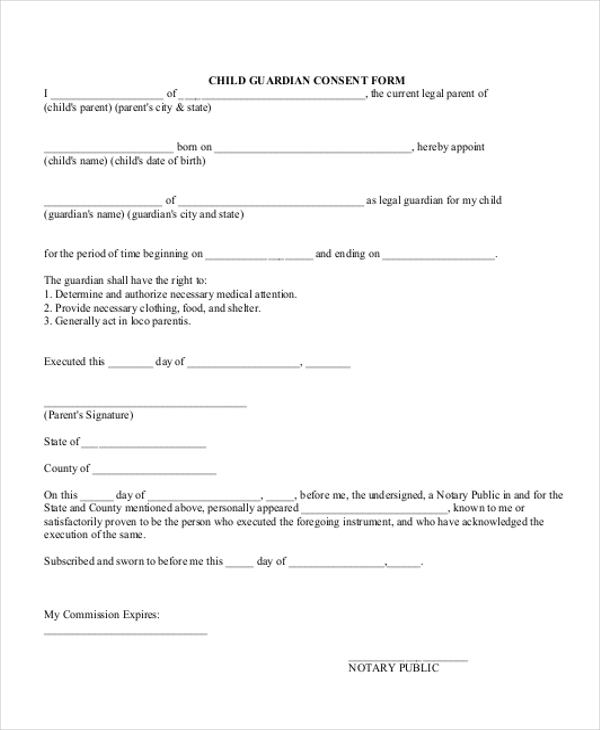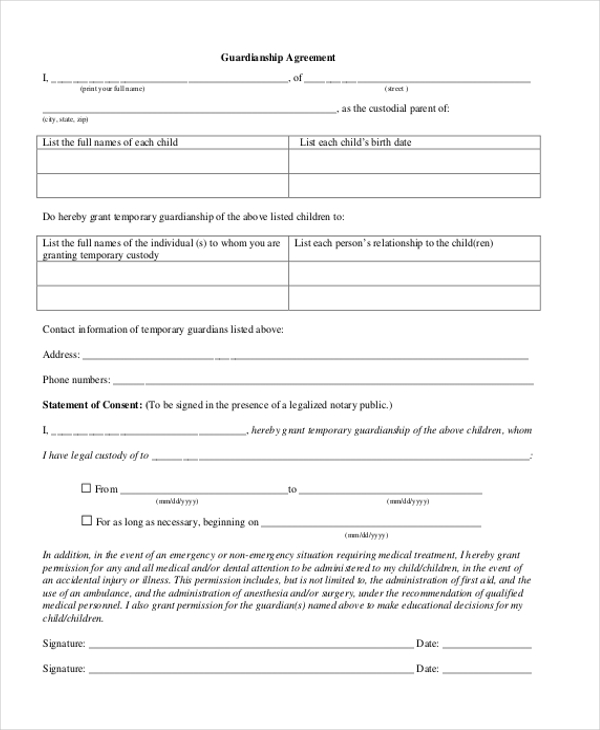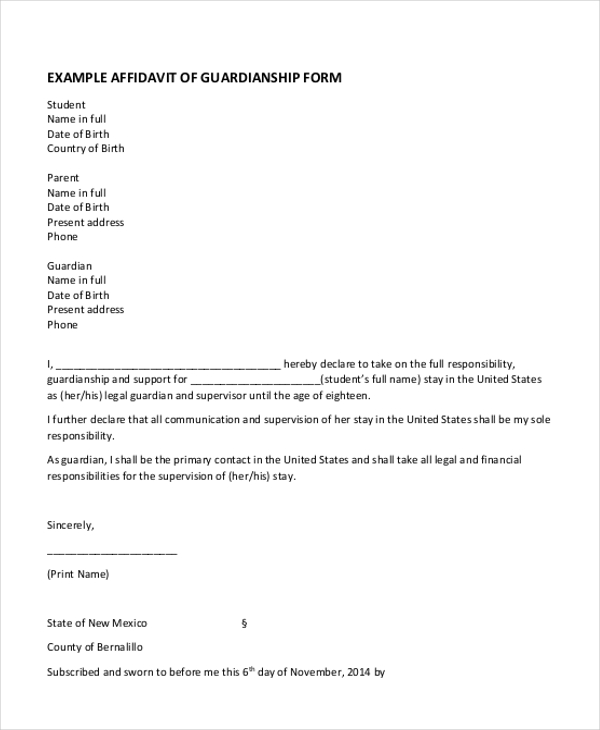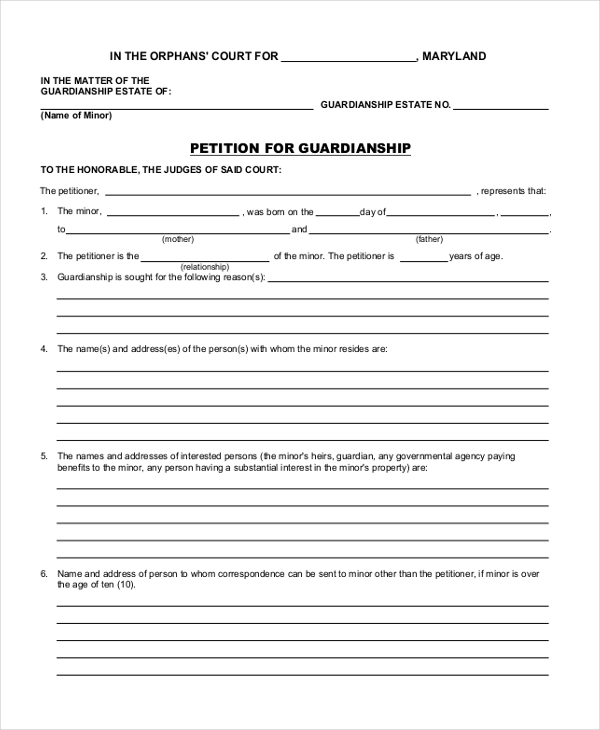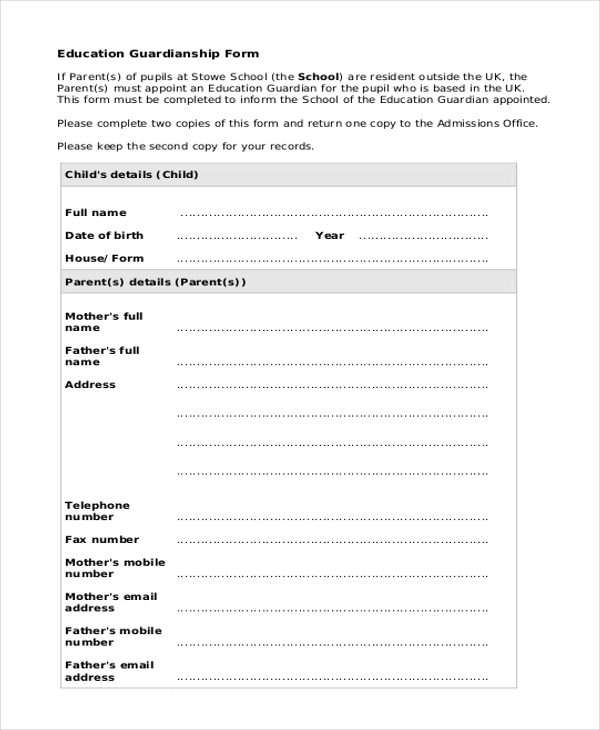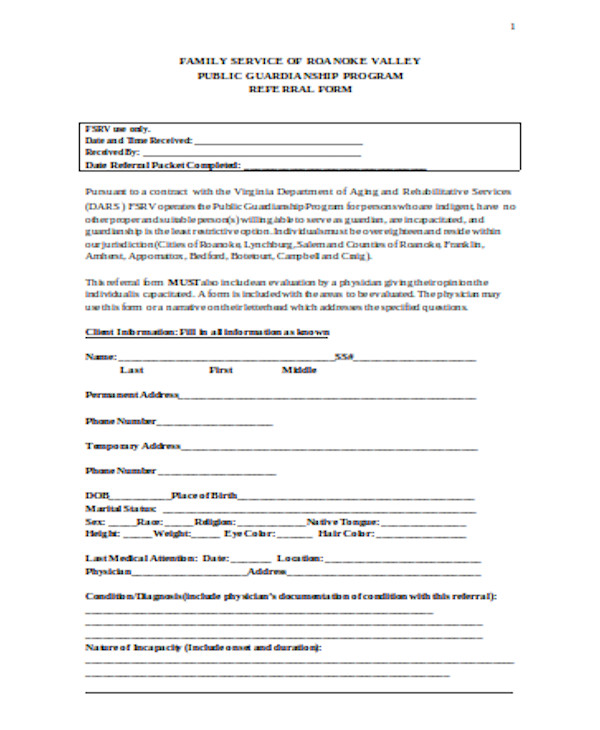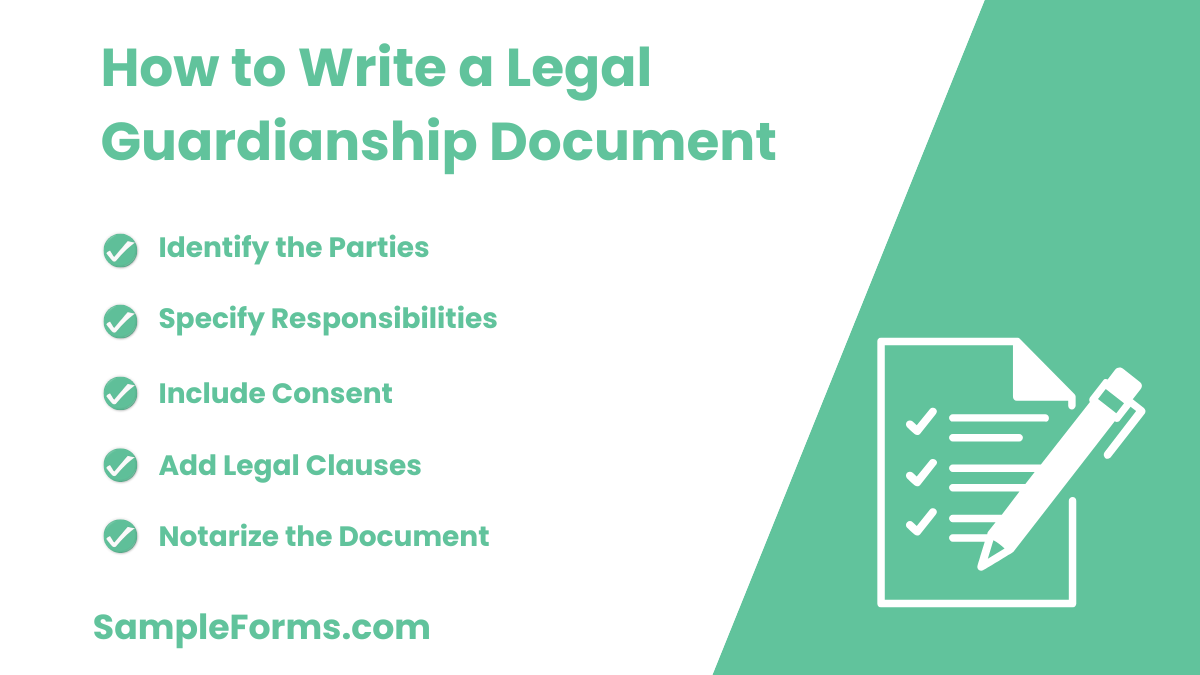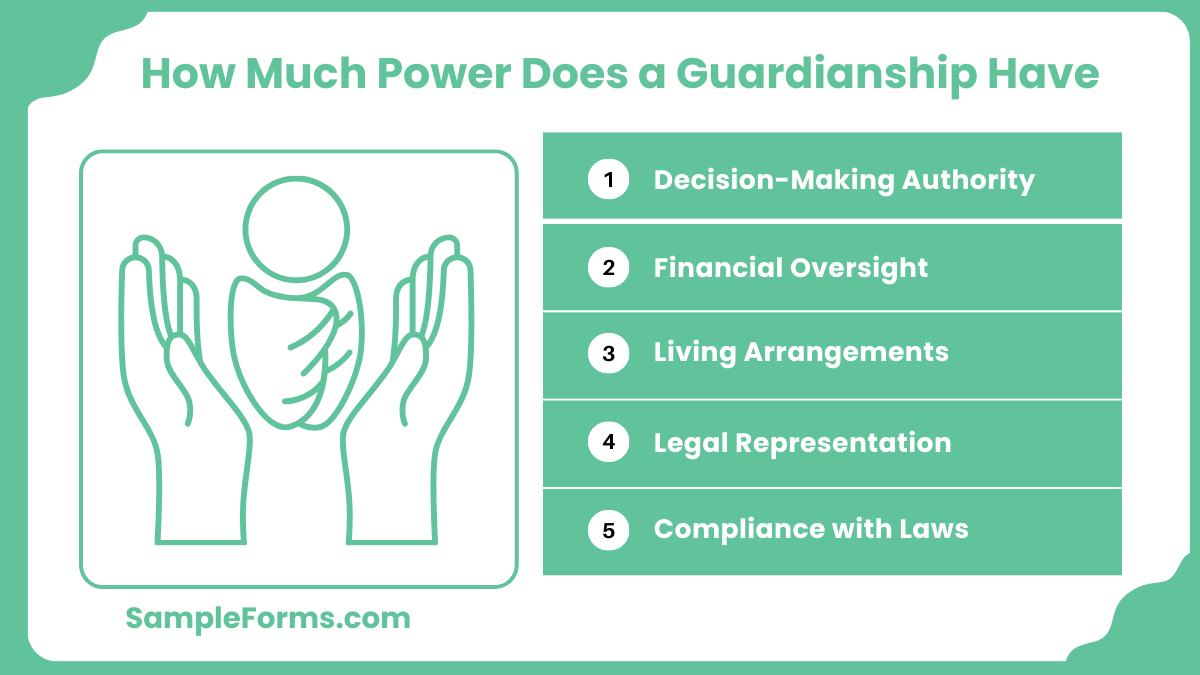A Guardianship Form is a legal document that designates a responsible individual to care for a minor or dependent when parents or previous guardians are unavailable. It ensures that the designated guardian has the authority to make decisions regarding healthcare, education, and welfare. By clearly outlining responsibilities and permissions, the Legal Guardianship Form prevents legal disputes and ensures the dependent’s needs are met. This guide includes examples, customizable templates, and step-by-step instructions to help you draft a professional and effective form tailored to your unique circumstances.
Download Guardianship Form Bundle
What is Guardianship Form?
A Guardianship Form is a legal tool that grants authority to a chosen guardian to act on behalf of a minor or dependent. It details the guardian’s rights and responsibilities, including decision-making for healthcare, education, and daily care. Designed to formalize guardianship arrangements, this form ensures clarity, legality, and peace of mind for all involved.
Guardianship Form Format
Guardian Information
Guardian Name: [Insert Full Name]
Contact Information: [Insert Phone Number and Email Address]
Address: [Insert Full Address]
Dependent Information
Full Name of Dependent: [Insert Name]
Date of Birth: [Insert Date]
Relationship to Guardian: [Insert Relationship, e.g., Parent, Relative]
Guardianship Details
Start Date of Guardianship: [Insert Date]
End Date (if applicable): [Insert Date or “Indefinite”]
Scope of Responsibility: [Specify Areas, e.g., Medical, Educational, Financial]
Emergency Contact Information
Primary Contact Name: [Insert Name]
Phone Number: [Insert Number]
Alternate Contact Name: [Insert Name]
Phone Number: [Insert Number]
Acknowledgment and Agreement
I, [Insert Guardian Name], agree to fulfill the responsibilities outlined above and act in the best interest of the dependent.
Guardian Signature: [Sign Here]
Date: [Insert Date]
Witness Name: [Insert Name]
Signature: [Sign Here]
Date: [Insert Date]
Guardianship Renewal Form
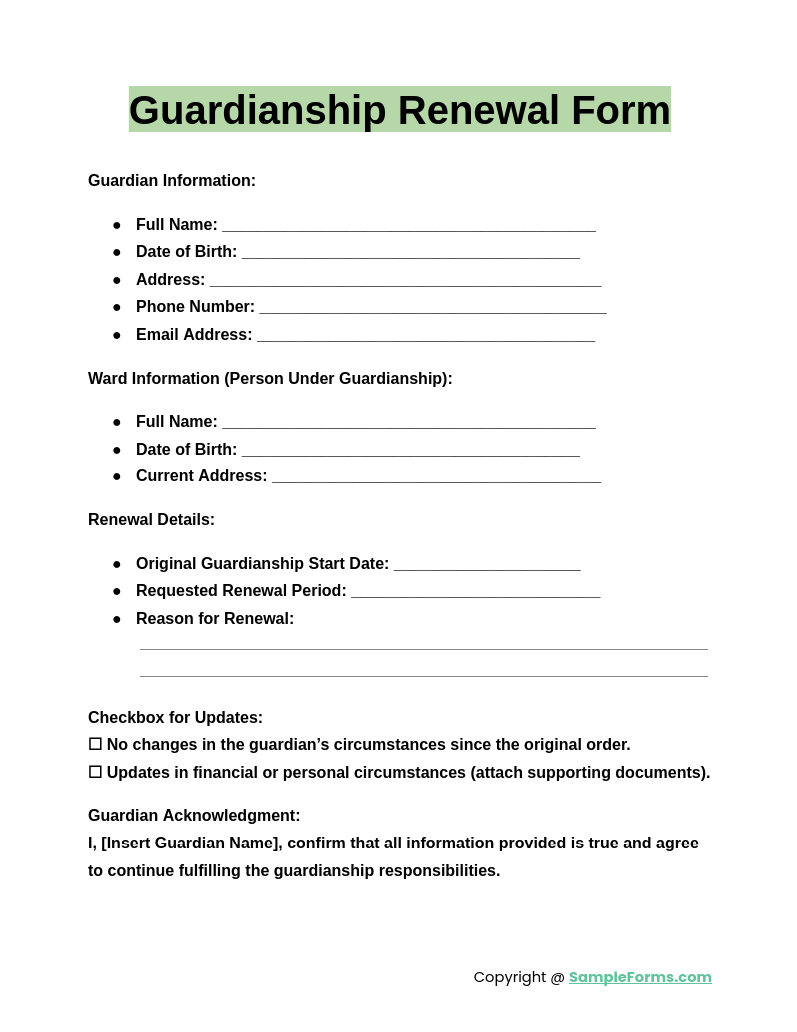
A Guardianship Renewal Form ensures the continuation of guardianship responsibilities. It confirms ongoing eligibility and consent, similar to a Guardianship Affidavit Form, to provide updated legal documentation for seamless guardianship extensions.
Child Guardianship Form
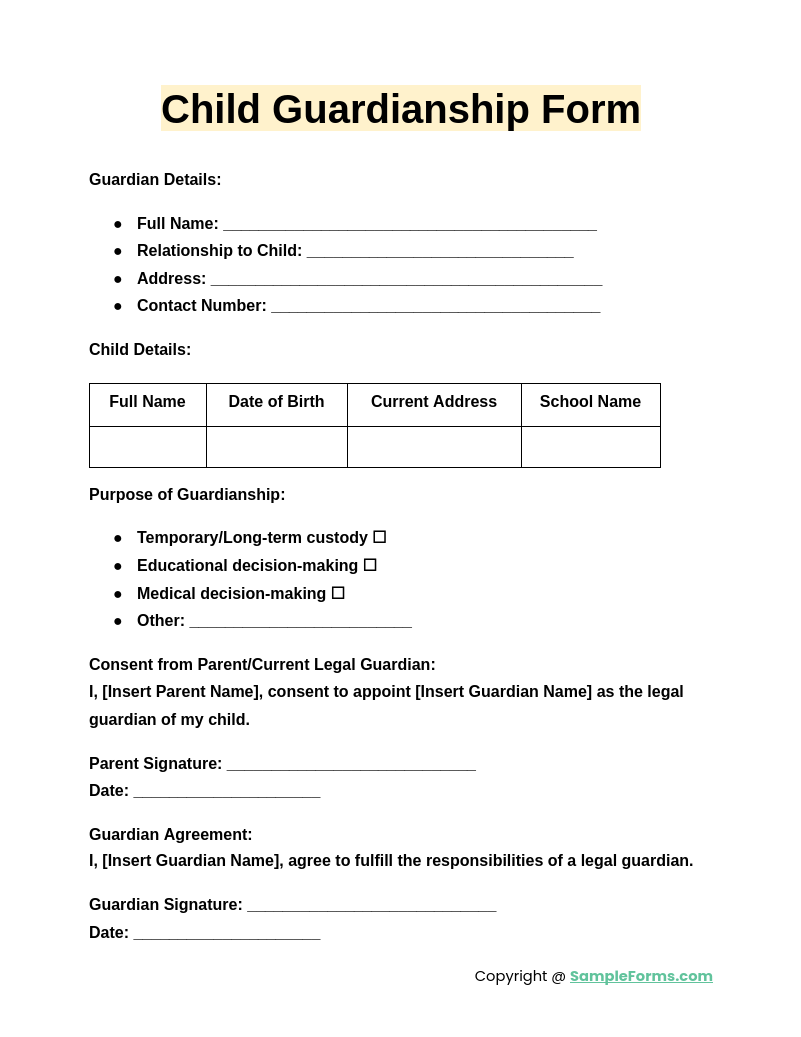
A Child Guardianship Form formalizes caregiving authority over a child, defining responsibilities and decision-making powers. It parallels a Temporary Guardianship Form, which offers short-term solutions for specific periods or emergencies.
Minor Guardianship Form
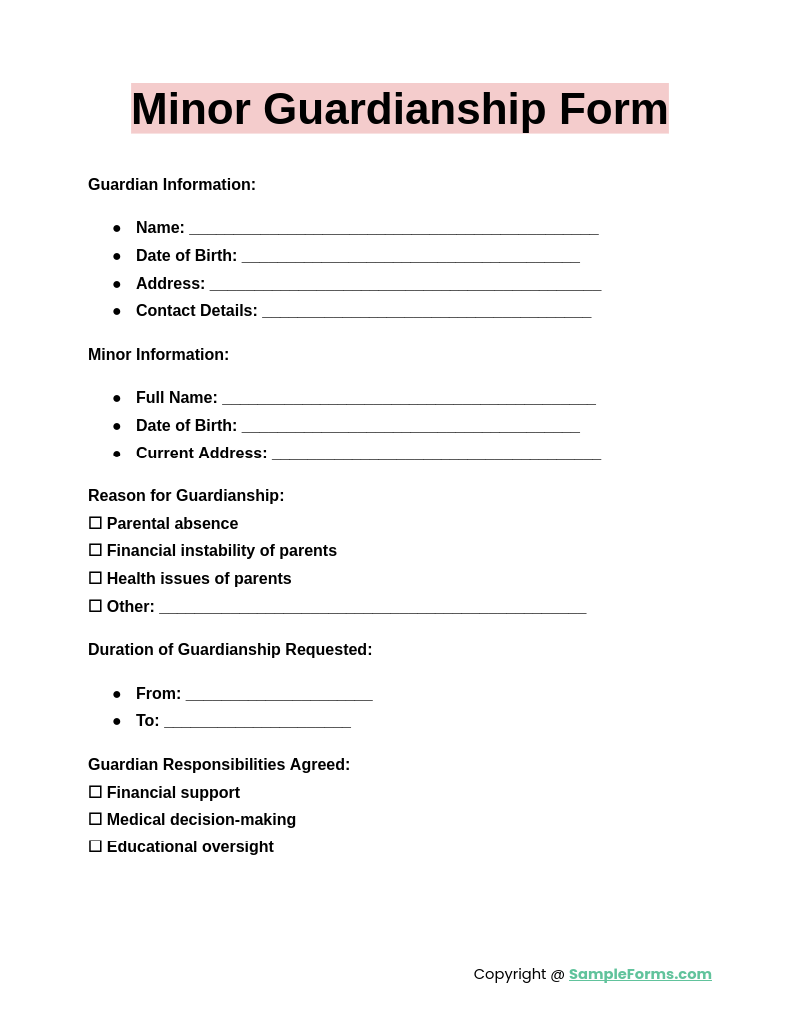
The Minor Guardianship Form establishes legal guardianship for minors, ensuring their needs are met. This form operates alongside tools like a Child Care Application Form to outline critical aspects of care and supervision.
Legal Guardianship Form
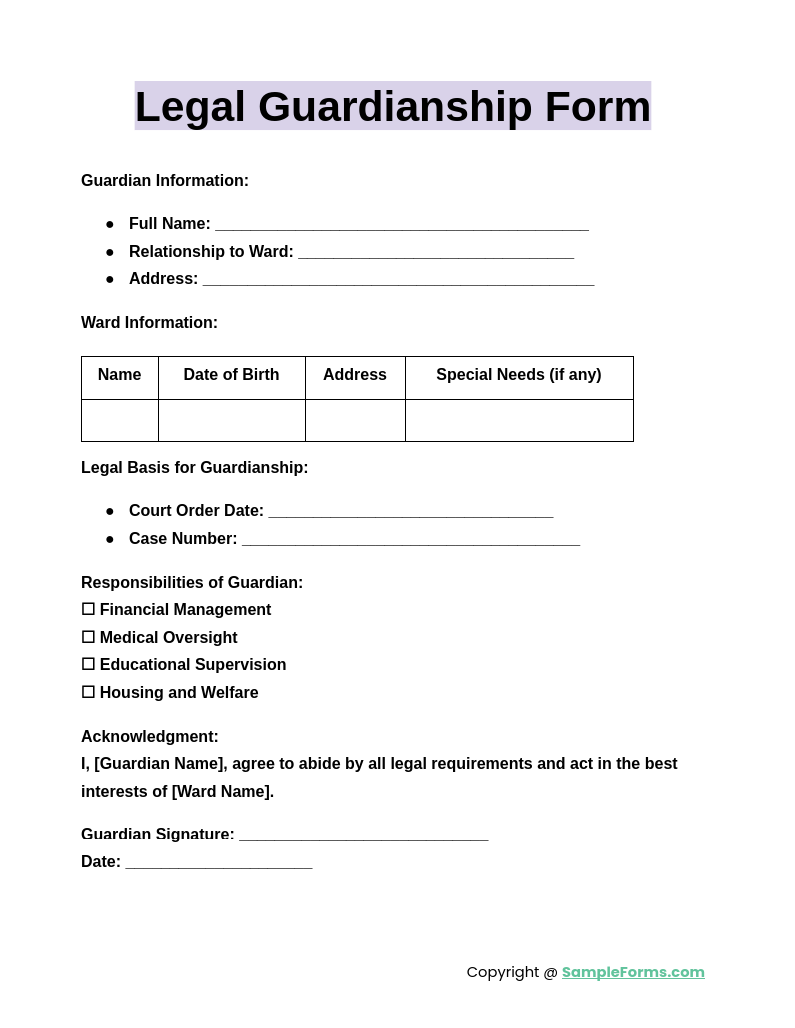
A Legal Guardianship Form documents formal guardianship arrangements, outlining legal rights and obligations. Similar to a Career Counseling Form, it provides a structured framework, ensuring dependents’ welfare and clarity for all involved parties.
Browse More Guardianship Forms
Temporary Guardianship Form
Legal Guardianship Form
Free Guardianship Form
Guardianship of Minor Form
Printable Guardianship Form
Enduring Power of Guardianship Form
Power of Attorney Guardianship Form
Child Guardianship Consent Form
Guardianship Agreement Form
Affidavit of Guardianship Form
Petition for Guardianship
Education Guardianship Form
Simple Guardianship Referral Form
How to Write a Legal Guardianship Document?
A legal guardianship document must clearly define the guardian’s responsibilities, ensuring the dependent’s well-being. A structured approach ensures legal clarity and compliance.
- Identify the Parties: Include names and details of the guardian and the ward.
- Specify Responsibilities: Clearly outline caregiving duties, similar to a Child Care Evaluation Form.
- Include Consent: Ensure signed agreement from involved parties.
- Add Legal Clauses: Cover liability, decision-making powers, and termination terms.
- Notarize the Document: Secure legal validity with proper notarization.
What Powers Do Guardians Have?
Guardians have broad powers to make decisions regarding healthcare, education, and living arrangements, ensuring the ward’s welfare and legal protection.
- Healthcare Decisions: Manage medical care using tools like a Health Care Application Form.
- Education Oversight: Enroll and supervise the ward’s schooling.
- Financial Management: Handle financial matters responsibly.
- Living Arrangements: Ensure safe and stable housing.
- Legal Representation: Act on behalf of the ward in legal proceedings.
How Do I Get Guardianship Without Going to Court?
Certain circumstances allow guardianship without court involvement, typically through temporary arrangements or notarized agreements.
- Draft a Consent Agreement: Use tools like a Child Care Observation Form to outline arrangements.
- Obtain Consent: Secure written consent from the parent or existing guardian.
- Notarize the Agreement: Ensure legal validity.
- File with Relevant Authorities: Submit the agreement to a local agency, if required.
- Adhere to State Laws: Follow local regulations for temporary guardianship.
What Are the Disadvantages for Guardian?
Guardianship comes with responsibilities and challenges, including financial burdens, emotional stress, and legal obligations.
- Financial Strain: Manage expenses using a Child Care Expense Form.
- Time Commitment: Balancing personal life with caregiving duties.
- Legal Accountability: Risk of disputes or legal complications.
- Emotional Stress: Coping with the ward’s needs and behaviors.
- Limited Autonomy: Adherence to court or legal restrictions.
How Much Power Does a Guardianship Have?
Guardianship provides comprehensive control over the ward’s life, but it is subject to court oversight and legal limitations.
- Decision-Making Authority: Control healthcare and education decisions, guided by tools like a Child Care Budget Form.
- Financial Oversight: Manage and allocate resources responsibly.
- Living Arrangements: Choose appropriate housing for the ward.
- Legal Representation: Act on behalf of the ward in legal contexts.
- Compliance with Laws: Adhere to court orders and legal standards.
Do Guardianship Papers Need to Be Notarized?
Yes, guardianship papers often require notarization for legal validity, much like a Caregiver Consent Form ensures documented agreement and authority.
What Is the New Guardianship Law in Washington State?
Washington’s Uniform Guardianship Act standardizes processes and protections for guardianships, similar to the clarity provided by a Health Care Directive Form.
Are You Paid for Guardianship?
Guardians may receive payment for their services, depending on state laws, akin to compensation arrangements outlined in a Health Care Power of Attorney Form.
Why Is Guardianship So Expensive?
Guardianship costs include legal fees, court filings, and care expenses, similar to processing a Care Provider Intake Form for specialized services.
Can I Do My Own Guardianship?
Yes, you can draft guardianship papers, but ensuring legal accuracy, as with a Health Care Surrogate Form, is essential for validity.
Do Adult Guardianships Get Paid?
Adult guardianships can include a stipend for services, reflecting efforts akin to responsibilities detailed in a Custody Agreement Form.
Does Guardianship Override a Will?
Guardianship does not override a will but complements its directives, ensuring care, much like a Living Trust Form manages assets.
How Much Do Lawyers Charge for Guardianship?
Lawyers typically charge $1,000-$3,000 for guardianship cases, depending on complexity, similar to fees for processing a Deed of Trust Form.
Does Guardianship Affect Social Security?
Guardianship itself does not affect social security benefits but may influence management, much like a Control Risk Assessment Form evaluates potential impacts.
Which Is Better Guardianship or Custody?
Guardianship offers broader legal control over a ward’s affairs, while custody focuses on caregiving. Decisions depend on needs, similar to using an Infection Control Assessment Form to evaluate options.
The Guardianship Form emphasizes the importance of legally formalizing guardianship arrangements. It ensures the safety, welfare, and legal clarity for dependents or minors under someone else’s care. By providing templates and guidance, this tool complements related legal documents, such as a Will and Trust Form, to secure the future for your loved ones. Use this guide to navigate the guardianship process confidently and responsibly.
Related Posts Here
-
Financial Statement Form
-
Product Evaluation Form
-
Construction Contract
-
School Receipt Form
-
Restaurant Training Form
-
Daily Cash Log
-
Volleyball Evaluation Form
-
Holding Deposit Agreement Form
-
License Agreement Short Form
-
Fund Transfer Form
-
Business Financial Statement Form
-
Sales Proposal Form
-
Event Evaluation Form
-
Employee Requisition Form
-
Assignment Agreement Form
